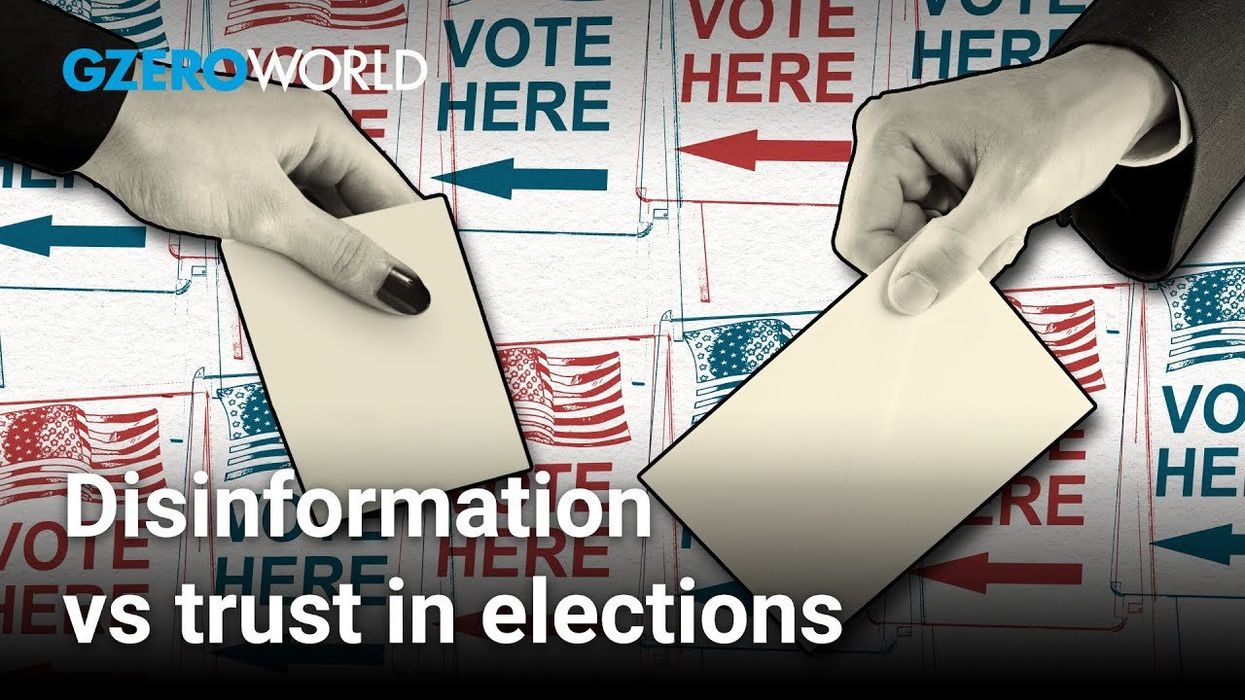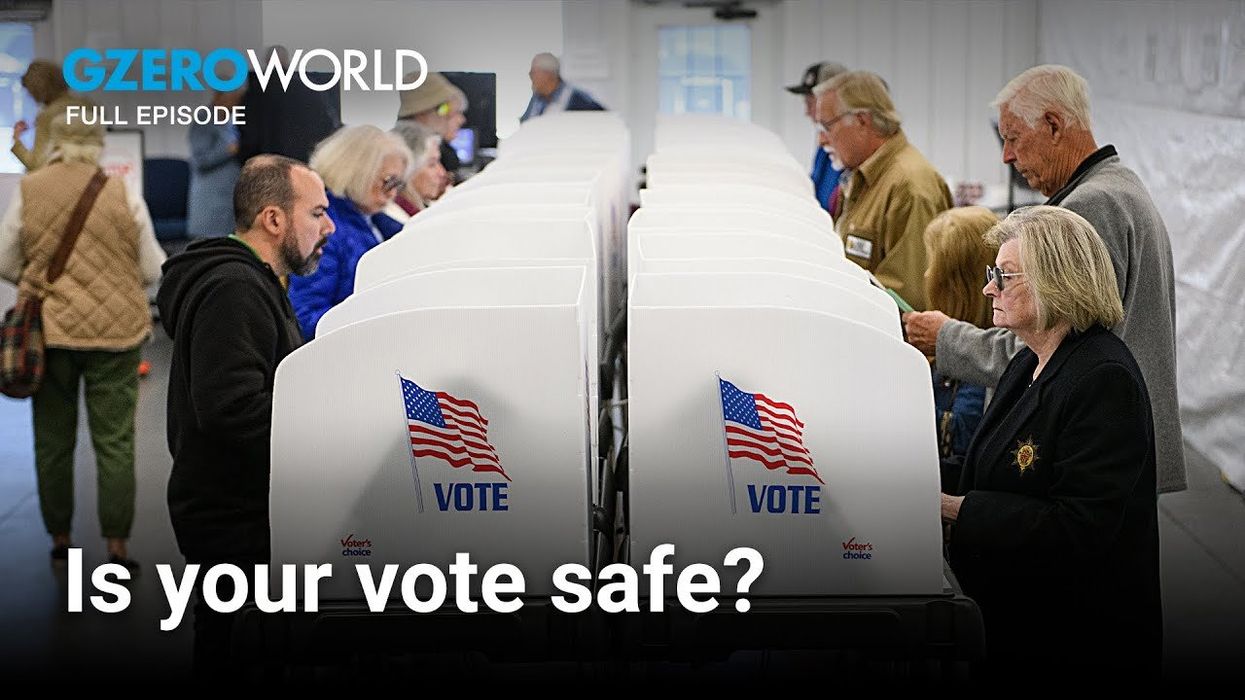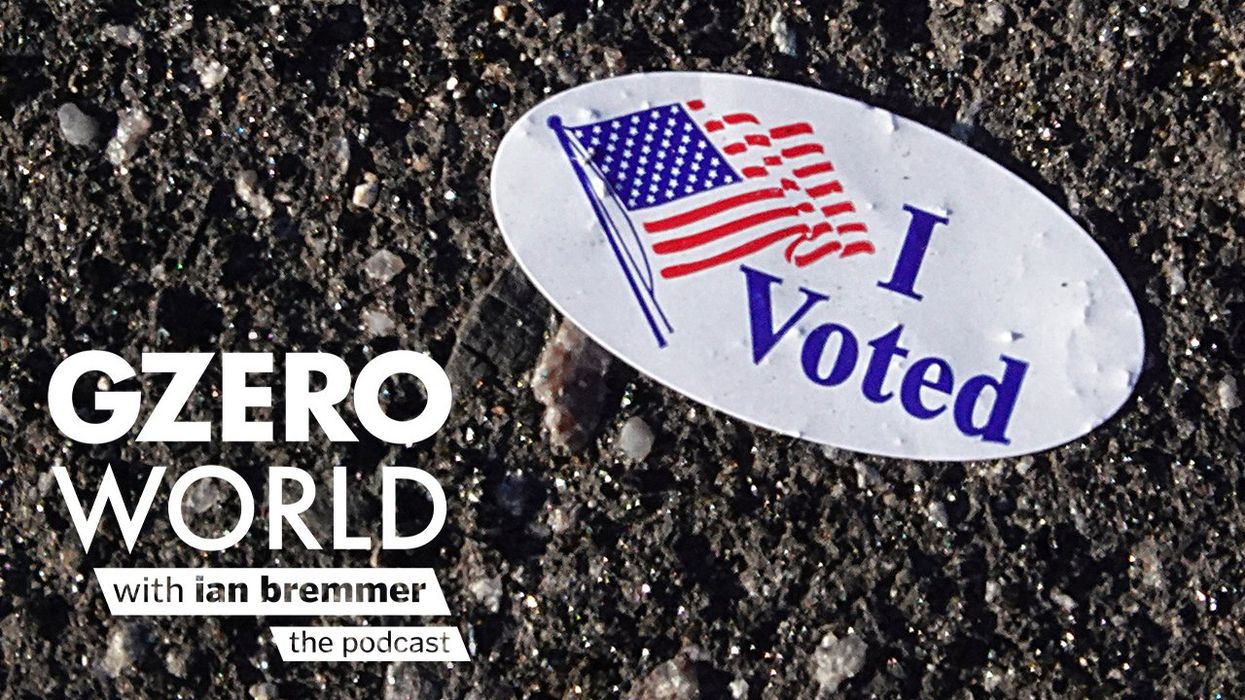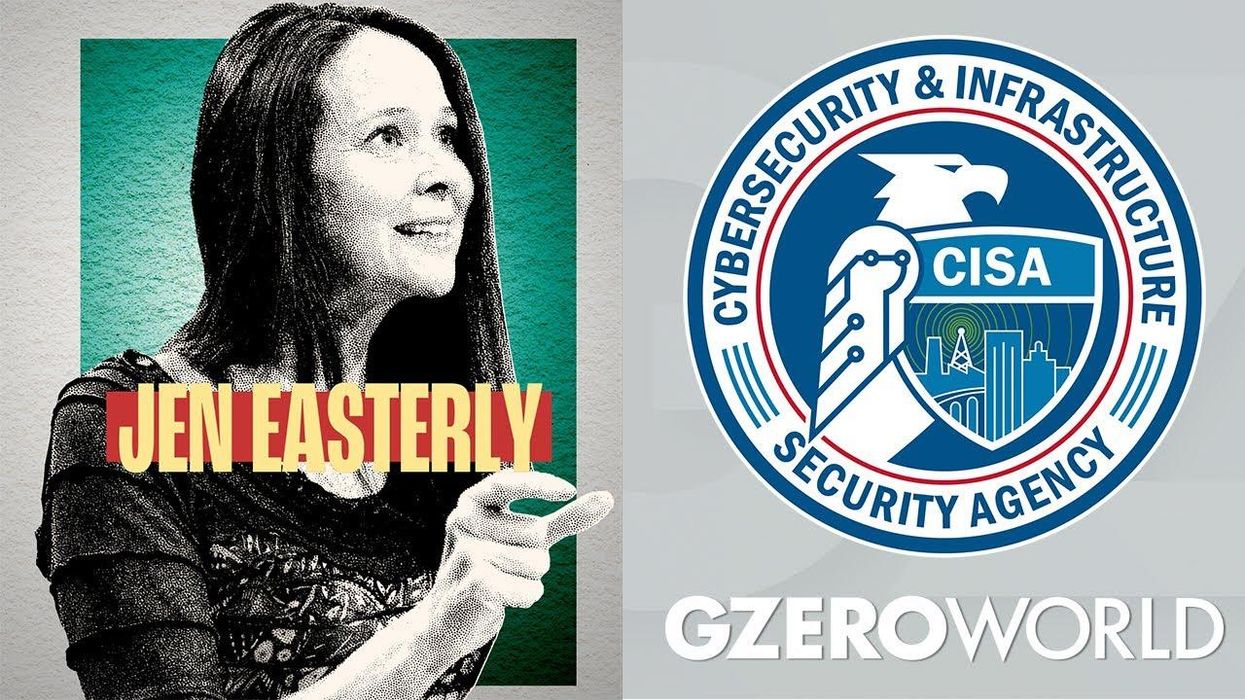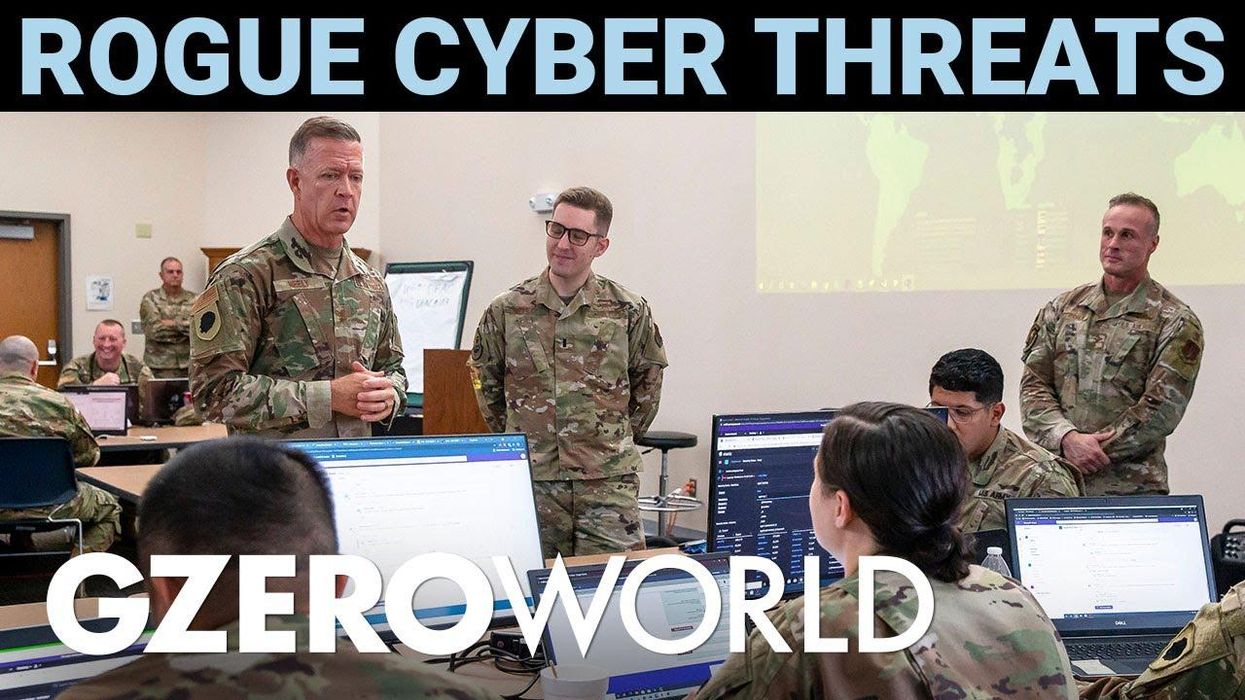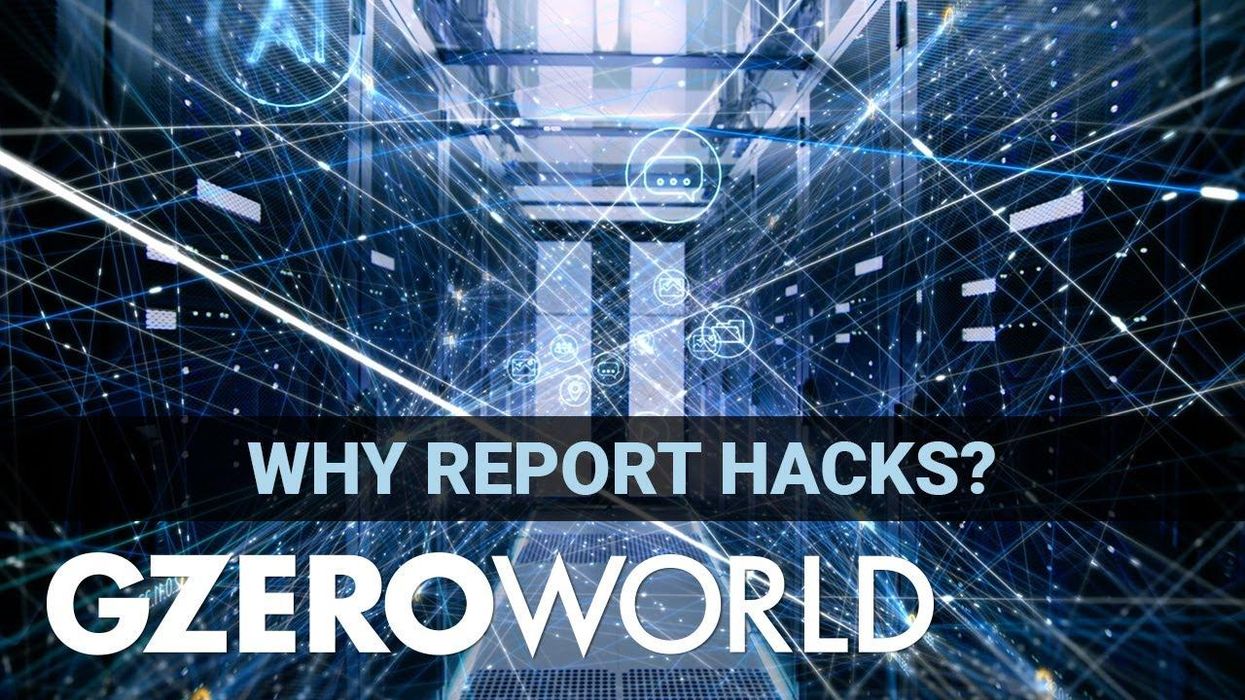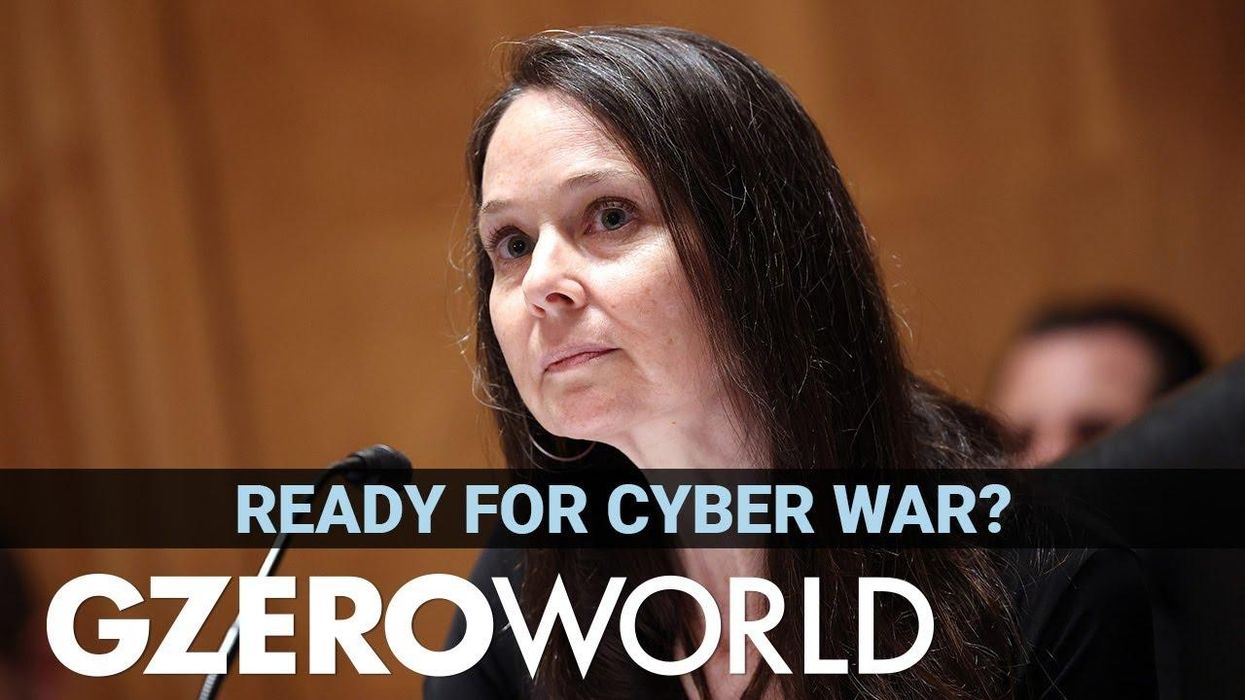Quick Take
US government rescinds West Point role for former cyber director
In this Quick Take, Ian Bremmer reacts to the US government's decision to rescind former CISA Director Jen Easterly’s appointment to West Point, raising serious concerns about the state of American democracy and national values.
Aug 04, 2025



